October 24, 2024

Climate change as a cause for optimism? It might sound counterintuitive, but former New York City mayor Michael Bloomberg wants to give us hope for the fight ahead. In the new book Climate of Hope, Bloomberg and co-author Carl Pope look at promising climate change solutions and lay out practical steps to achieve them. Tackling global warming will not only make us healthier and wealthier, they argue — but we can do it ourselves, right now, without waiting for the White House to catch up.
Why did you become involved in the fight against climate change?
To save lives. The biggest sources of the carbon emissions that are warming the planet also pollute the air we breathe — especially coal. That pollution leads to death and disease. In 2010, about 13,000 Americans were dying from coal pollution. Today, that number is down to 7,500, and the reason is that nearly half of U.S. coal plants have closed or switched to cleaner sources of power.
What was the motivation for writing Climate of Hope?
Carl Pope and I come from different political backgrounds, but we share a sense of optimism about our ability to fight climate change — and amidst all the doom and gloom you hear, we wanted to explain why. The book makes the case that we should reverse the usual ways of thinking about climate change. Instead of focusing on top-down policies from Washington, we should focus on bottom-up actions by cities, businesses and citizens. Instead of scaring people with doom and gloom scenarios that are decades away, we should inspire them by showing the immediate health and economic benefits that come from taking action now. And instead of thinking about the issue as a single massive problem, we should look at it as a series of manageable challenges — each with a solution that will make our lives better and our economies stronger. When people find out about the immediate benefits that fighting climate change can bring to their everyday lives, they support action — but too few leaders are talking about those benefits. We hope our book begins to change that.
Given the recent political turmoil in the U.S., are you still optimistic about the future of our country and our planet?
Our ability to fight climate change doesn’t depend on the White House or Congress. The U.S. is already halfway to our Paris commitment of reducing carbon emissions 26 percent by 2025, and Washington has had very little to do with that. The reason for the sharp drop in emissions is that cities, states, businesses and citizens understand the health and economic benefits of fighting climate change. They are taking action, and there’s nothing Washington can do to stop them.
Following the federal government’s decision to withdraw the U.S. from the Paris Climate Agreement, thousands of cities and business have come forward to affirm their commitment to helping the U.S. meet our Paris goal. Bloomberg Philanthropies is leading an effort to measure their collective potential to reduce emissions. With that data, we will create our own version of the Nationally Determined Contribution that every other nation submitted as part of the Paris Agreement. We’re calling this commitment “America’s Pledge,” and just as every other nation has done, we will outline a plan for reaching our commitment and publicly reporting our progress, so that the world can hold us accountable. The American government may have withdrawn from the agreement, but the American people remain committed to our goal.
What climate change solutions are you most excited about?
Fighting climate change is one of our greatest opportunities for improving lives — especially in the world’s cities. Parks and trees make cities more beautiful, and they also suck carbon and soot out of the air. Energy efficiency reduces emissions while cleaning the air and saving money. Bike lanes and mass transit make it easier to get around town while also shrinking city carbon footprints. These are just a few of the steps that help cities attract new residents and businesses while also strengthening the economy. In New York City, we cut our carbon footprint by 19 percent while also far outpacing the nation in job growth.
In your book, you note that markets are failing to reflect the benefits of switching to a low-carbon economy. What the first steps we need to take to address these flaws?
Climate change poses serious risks to the economy, but right now, companies don’t have the right tools to accurately measure those risks. That prevents them from taking protective measures and reduces the incentive to invest in things that will help protect them in the long term. Where risk data does exist, it isn’t standardized from company to company. That means investors don’t have a way to compare apples to apples and reward companies that are taking action. Bloomberg Philanthropies is supporting two important efforts underway to fix these flaws: The Sustainability Accounting Standards Board, which is focused on U.S. companies, and the global Task Force on Climate-related Financial Disclosures. Both groups have released sets of recommendations for helping companies measure and report risks, and we’re working to help spread them.
What role does marine conservation play in fighting climate change?
Today, around three billion people depend on fish as a primary source of protein or income. Demand for fish is rising while fish stocks are shrinking, which poses serious public health and economic risks. Bloomberg Philanthropies is working with Oceana and other partners to help depleted fish populations rebound. Healthy fish populations aid the fight against climate change, because fish has a lower carbon footprint than beef and other types of meat.
Poor fishing communities in tropical nations will be among the hardest-hit as the world heats up. What are the most effective ways to help these communities?
In addition to reducing emissions, we can help those communities manage their fish stocks and protect coral reefs, something that we’re working to do through our Vibrant Oceans partnership with Rare and Oceana. Those steps help make coastal areas more resilient to the possible impacts of climate change. At the same time, wealthy countries have pledged to provide $100 billion each year to developing countries adapt to climate change — and we should make good on that promise.
What can Oceana’s supporters do to help win this battle?
Help to change the conversation. Explain how fighting climate change protects people’s health while at the same time strengthening economies, and explain how cities, businesses and citizens can lead the way. The more minds we can change, the more progress we can make.
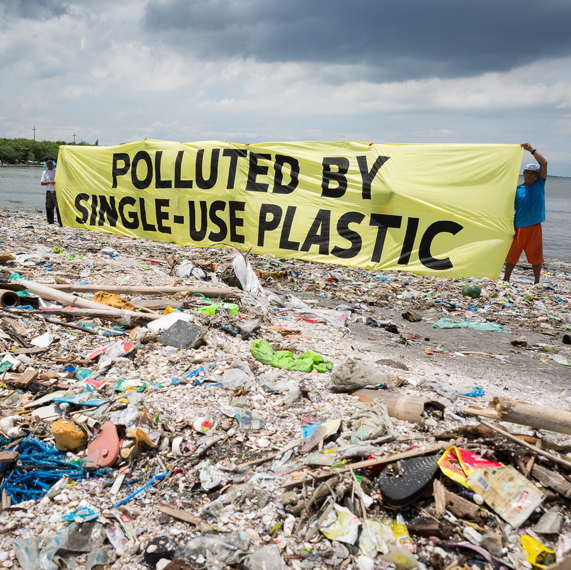
Why we need a UN Treaty on plastic pollution The Ellen MacArthur Foundation is a UK charity working on business, learning, insights & analysis, and communications to accelerate the transition towards the circular economy.
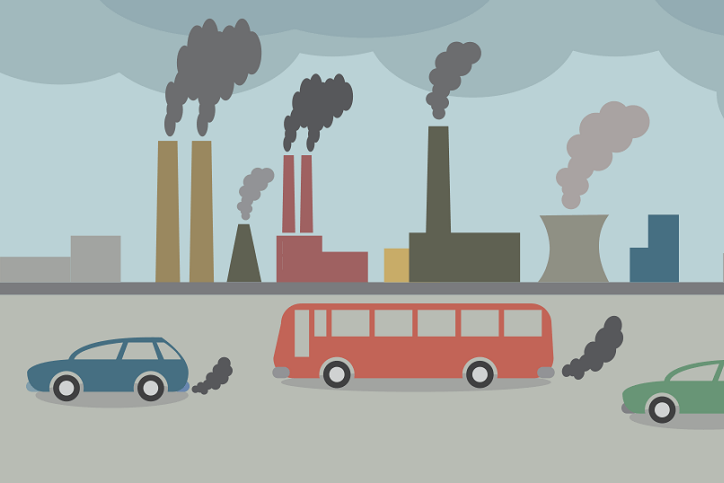
Air Pollution for Kids Air is all around us and we need it to survive.
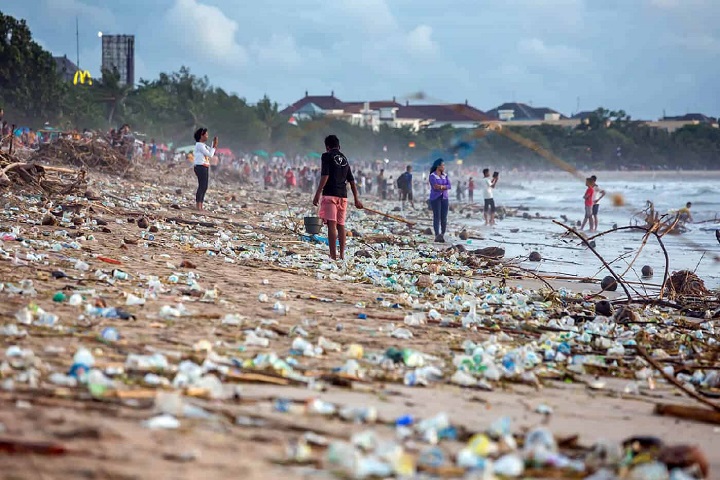
Why We Need to Stop Plastic Pollution? Our oceans are being filled and killed by throwaway plastics.
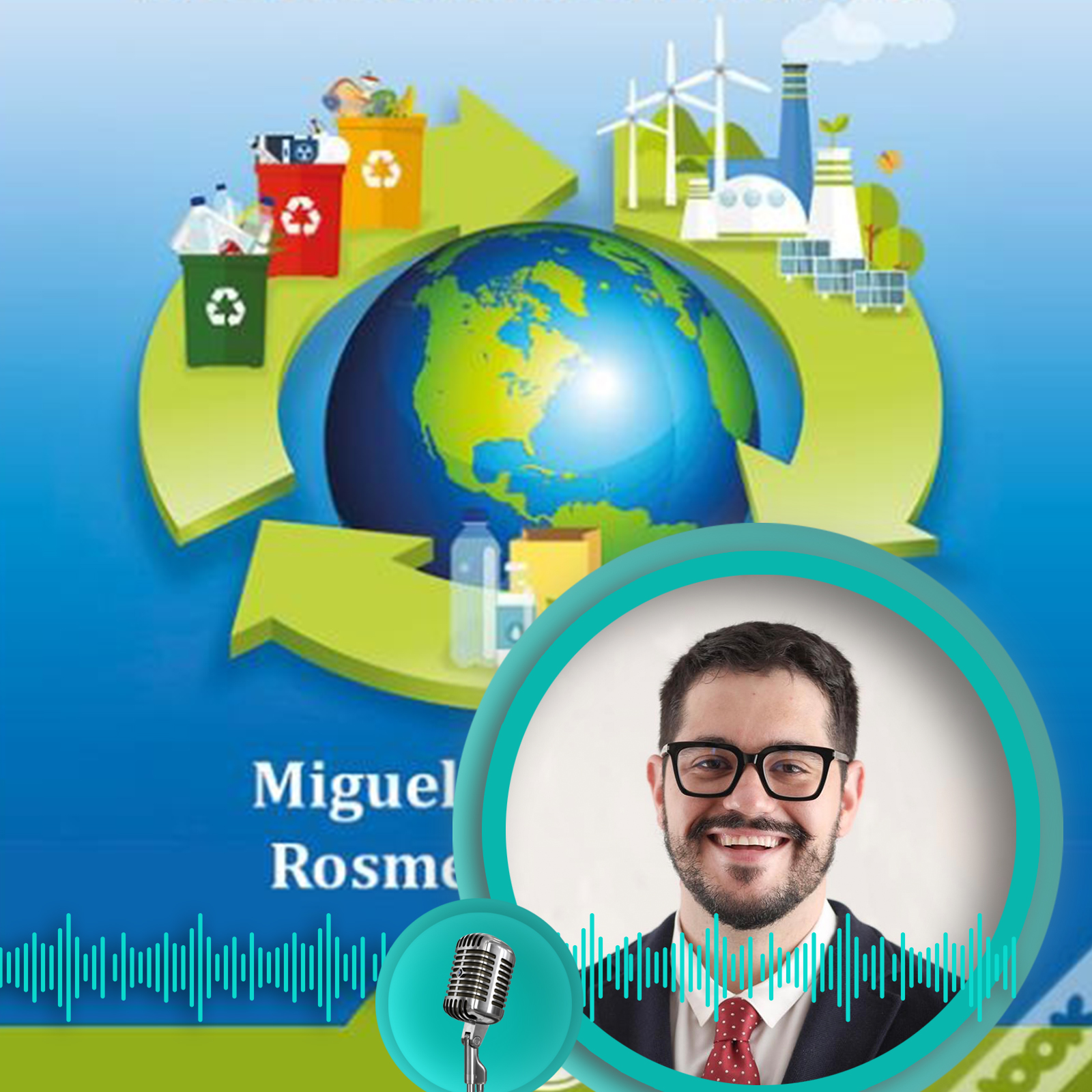
Climate Change, Ecological Crisis and Sustainability We are all agents for change in climate action.
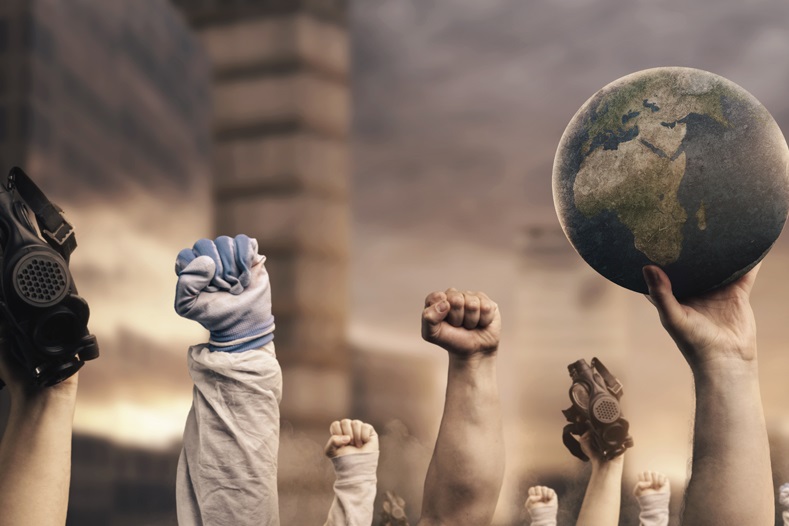
Climate Racism Climate Racism: Social Inequalities in the Age of Climate Change